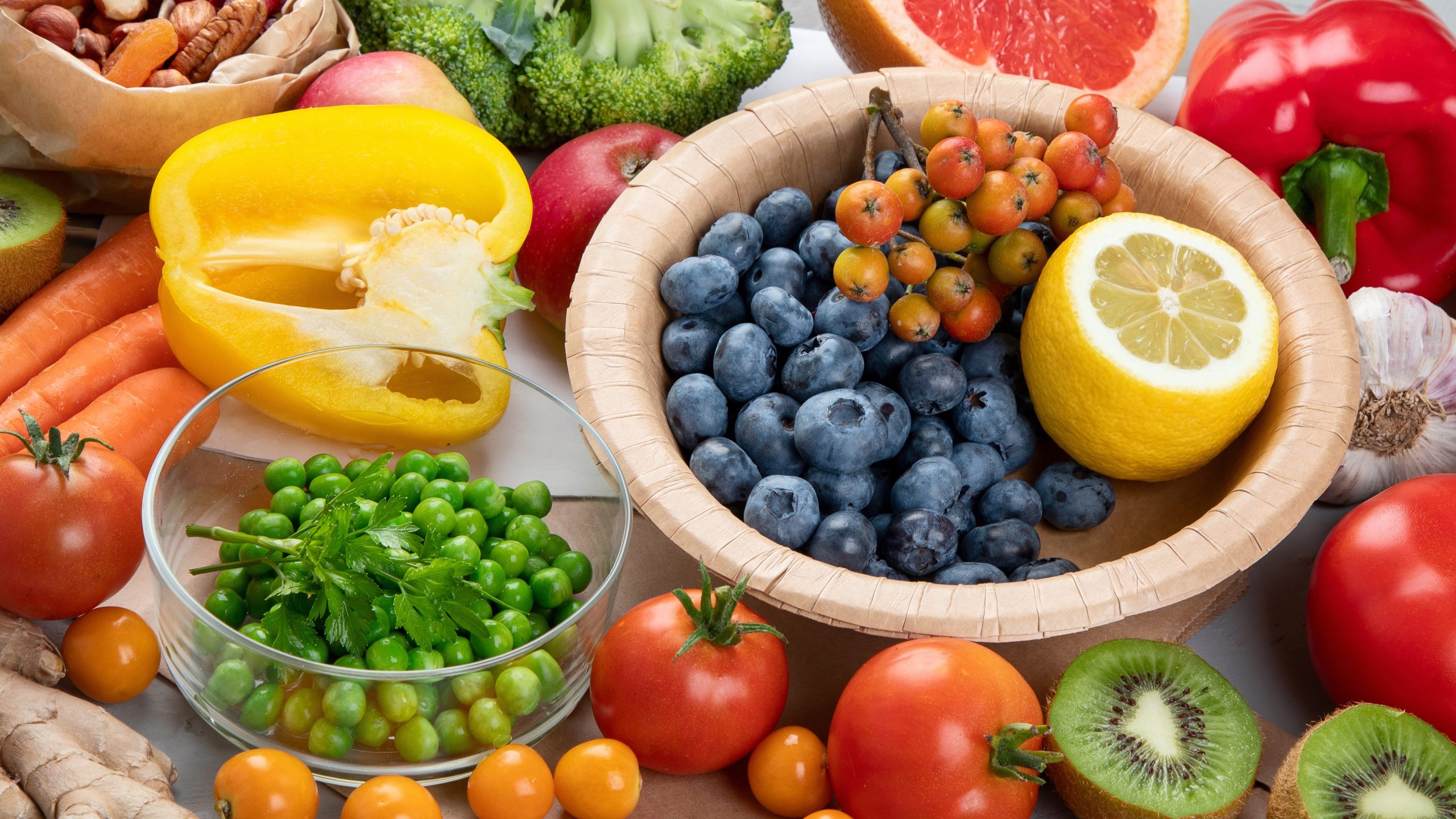What does vitamin C do?

What does vitamin C do?
Also known as ascorbic acid, vitamin C is a nutrient found in a variety of fruits and vegetables, such as broccoli, strawberries and lemons.[1] It is a powerful antioxidant that supports the immune system and protects cells from damage caused by free radicals.[2] This article explores the benefits of vitamin C, from iron absorption to its role in preventing deficiencies like scurvy.
What is vitamin C good for?
While many people associate vitamin C primarily with immune health, its benefits extend far beyond that. There are a number of key ways it supports your body, including protecting cells from free radicals, increasing iron absorption and contributing to the production of essential compounds.
Antioxidant activity
Oxygen is used to break down food and convert it into energy. This reaction produces unstable molecules called free radicals which can cause damage to cells in your body. You can also be exposed to free radicals in the environment from cigarette smoke, air pollution and ultraviolet (UV) radiation from the sun.[2]
While the body can handle some free radicals and even relies on them for certain functions, too many can cause long-term damage. Over time, this may contribute to conditions such as heart and liver disease, as well as cancers affecting the mouth, throat, stomach and bowels.[3]
Antioxidants such as vitamin C work to neutralise these free radicals by donating some of their own electrons, stabilising the free radical and protecting cells in your body from damage.[4] This can help to boost your immune system and fight off infection as white blood cells carry vitamin C to defend against attack from free radicals.[5]
If your immune system is working well, then some minor illnesses such as a cold may go away without treatment as your body fights off the infection itself[6] – thanks in part to the antioxidant action of vitamin C. Anaesthetic throat sprays like the Ultra Chloraseptic Honey and Lemon Throat Spray can soothe pain from a sore throat while your body’s natural defences take care of the infection.
Supporting iron absorption
To maintain a healthy diet, it’s important to absorb enough iron. Iron is essential for a number of bodily functions, including building healthy muscles and making haemoglobin which transports oxygen around your body. If you don’t get enough iron, you could experience:
- Restless legs
- Hair loss
- Brittle nails
- Dizziness and headaches
- Severe tiredness
- Shortness of breath.[7]
You only need to absorb a small amount of iron everyday but typically, you only absorb a fraction of the iron you consume from your diet.[8] Vitamin C can help iron to be dissolved adequately for absorption by creating an acidic environment in the stomach. It is therefore essential in increasing the amount of iron your body absorbs.[9]
Synthesis of other essential compounds
Vitamin C also helps to regulate the production of essential compounds, such as collagen and neurotransmitters. For example, vitamin C supports the two enzymes that produce collagen, prolyl hydroxylase and lysyl hydroxylase.[10] The most abundant protein in the body, collagen strengthens your skin, blood vessels and bones. It’s also an important part of the wound healing process, encouraging cells to move to the injury site and helping new tissue to grow.[11]
Neurotransmitters help send signals in the brain and are crucial for things like mood, focus and memory. Vitamin C assists in the synthesis of these by converting dopamine, a neurotransmitter known as the ‘feel-good chemical’, into noradrenaline, which helps to manage stress and alertness.[12]
Preventing scurvy
A rare condition nowadays, scurvy is a severe vitamin C deficiency which is caused by not getting enough vitamin C in your diet. You may be more at risk of scurvy if you don’t have any fresh fruit or vegetables for a while, you smoke or you eat very little food at all. Symptoms of scurvy include:
- Fatigue
- Irritability
- Pain in your joints, muscles or legs
- Swollen, bleeding gums
- Red or blue spots on your skin
- Skin that bruises easily.[13]
It’s therefore essential to have a healthy, balanced diet with plenty of fruit and vegetables to ensure you get enough vitamin C.
Resources:
[1] – https://www.nhs.uk/conditions/vitamins-and-minerals/vitamin-c/
[2] – https://ods.od.nih.gov/factsheets/VitaminC-Consumer/
[3] – https://www.betterhealth.vic.gov.au/health/healthyliving/antioxidants
[4] – https://www.health.harvard.edu/staying-healthy/understanding-antioxidants
[5] – https://pmc.ncbi.nlm.nih.gov/articles/PMC9925039/
[6] – https://www.nhs.uk/conditions/common-cold/
[7] – https://www.kingstonandrichmond.nhs.uk/patients-and-families/patient-leaflets/iron-diet
[8] – https://www.betterhealth.vic.gov.au/health/conditionsandtreatments/iron
[9] – https://jamanetwork.com/journals/jamanetworkopen/fullarticle/2772395
[10] – https://pmc.ncbi.nlm.nih.gov/articles/PMC6204628/
[11] – https://pmc.ncbi.nlm.nih.gov/articles/PMC3601889/
[12] – https://bmcpsychiatry.biomedcentral.com/articles/10.1186/s12888-020-02730-w
